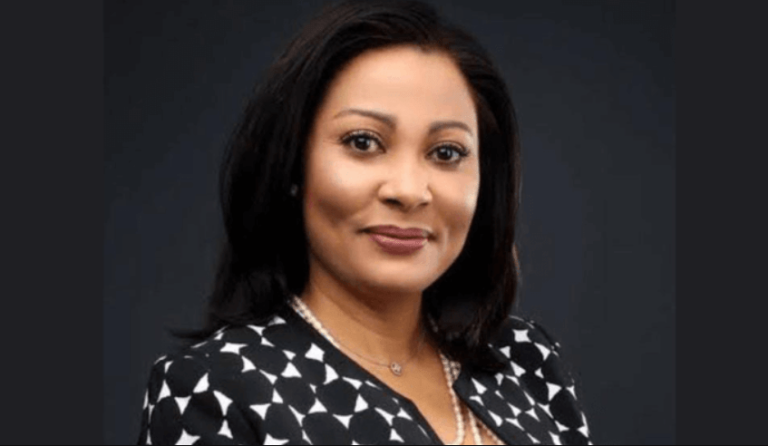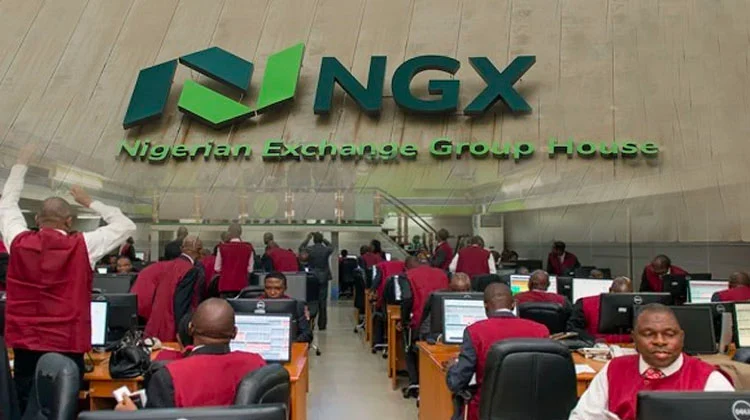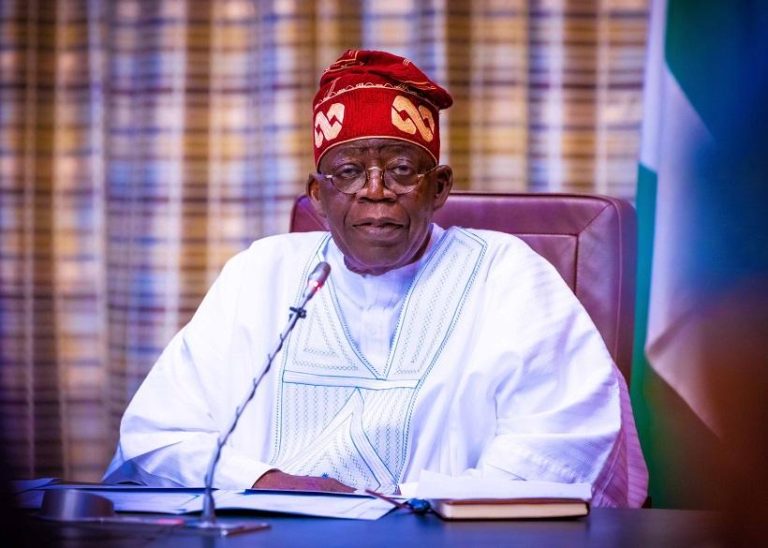
The Nigerian Customs Service (NCS) and Nigerian Communications Commission (NCC) have agreed to deepen collaboration to tighten controls on imported communication devices, improve revenue generation, and safeguard national security.
The announcement was made during a recent visit by NCC’s Executive Vice Chairman and CEO, Aminu Maida, to Customs House in Abuja, where he met with Comptroller-General of Customs, Adewale Adeniyi.
“We’re going beyond revenue collection to address national security risks posed by unregulated importation of mobile phones and telecom equipment,” Adeniyi said.
Adeniyi emphasized that telecom-related importsincluding mobile phones, network boosters, and other devices must undergo proper certification and classification under Customs’ tariff regime. This will ensure only authorized importers bring devices into Nigeria.
Customs officers will also be trained on certification processes aligned with NCC standards to strengthen enforcement.
NCC’s Device Management System to Track and Block Substandard Phones
NCC CEO Aminu Maida highlighted the commission’s Device Management System (DMS), a platform designed to track imported phones using the International Mobile Equipment Identity (IMEI) system. The DMS aims to block substandard or counterfeit devices, boosting Customs’ revenue and improving telecom service quality.
“Even the best network investment cannot overcome poor quality caused by substandard devices,” Maida explained.
He also cautioned against uncontrolled imports of uncertified network boosters, which can degrade network signals and overall service quality.
Protecting Consumers and Enhancing Urban Safety
Both agencies agreed to maintain strong collaboration to prevent revenue leakages and protect consumers. Maida further noted urban safety challenges especially in Abuja due to the concentration of high-rise buildings, religious centres, and sensitive institutions, emphasizing the need for joint vigilance to prevent disasters.
Background: Fighting Fake Phones in Nigeria
The NCC has long struggled with the influx of counterfeit phones. As of 2022, the commission approved only 1,843 phone models for the Nigerian market but acknowledged that many uncertified devices are still sold, often cheaper and harmful to users and networks.
The DMS project, operating under a Public-Private Partnership, will cover Nigeria’s estimated 200 million telecom subscribers, creating a unified system for device control and management.



